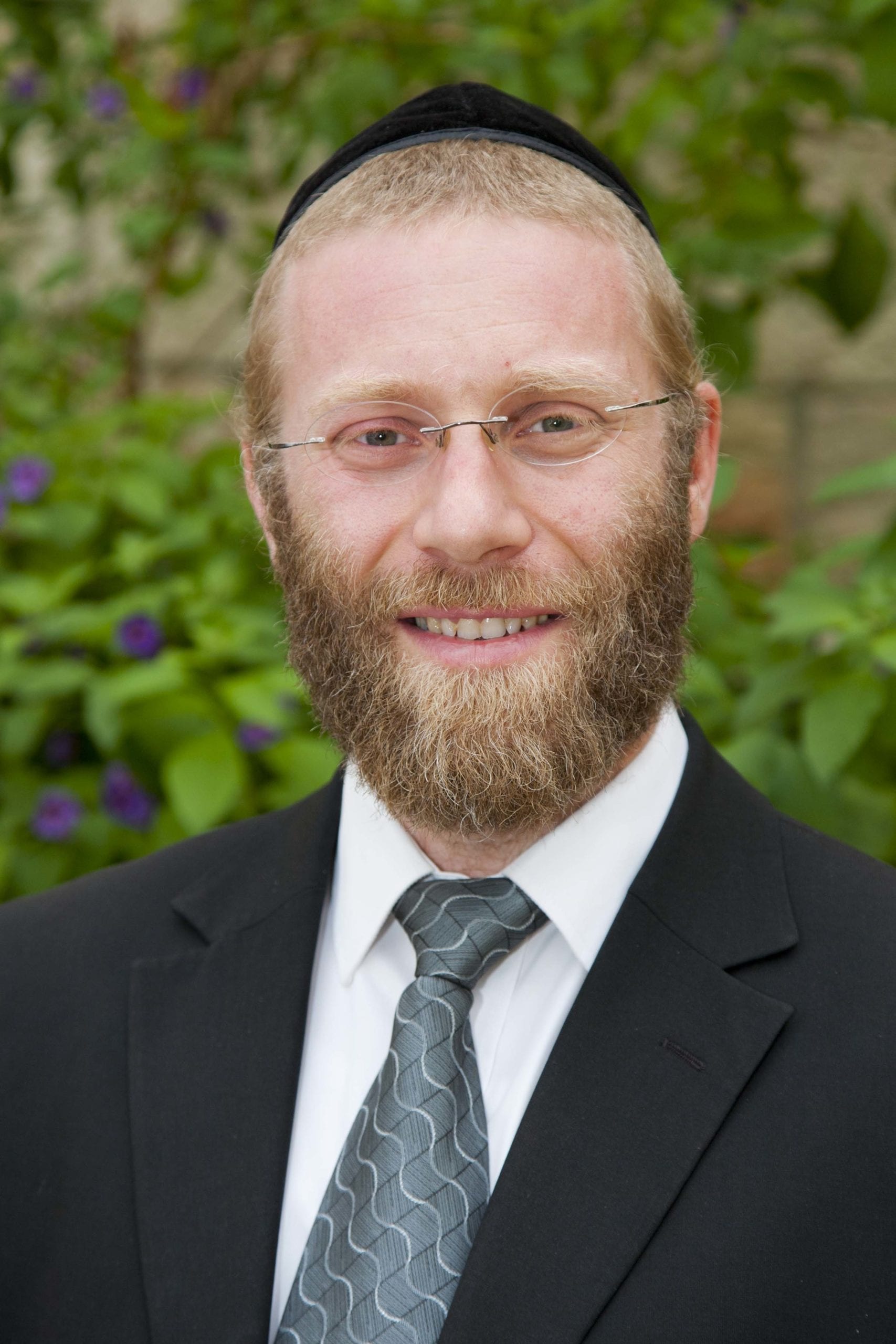
This parashah begins by telling us about our Forefather Avraham’s exemplary kindness when welcoming guests. The Torah instructs us how to fulfil the commandment of performing chessed, kindness, when Yitro instructs Moshe Rabbenu (Shemot 18:20), “Vehodahta lahem et haderech yelchu bah,” “And you shall let them know the way in which they should go.” Our Sages deduce that “the way” refers to the way of bestowing kindness upon our fellow man.
The Torah refers to it as “the” way, i.e. the given path that our Forefather paved for us through his example. Let us delve into the story of this parashah, and observe Avraham Avinu’s way of welcoming guests, so that we may come to emulate him.
On the third day after his circumcision, at the ripe age of ninety-nine, G-d came to visit Avraham and ask about his welfare. Avraham was sitting outside at the time, looking out for someone whom he could invite into his home. When spotting three possible guests, who were actually angels in disguise sent by G-d, Avraham requested that G-d’s Presence not depart while he invited his guests in. From here we see, firstly, that the mitzvah of welcoming guests is even greater than having an audience with the Divine Presence (Shabbat 127a). Avraham got up and ran towards his potential guests (notwithstanding the physical discomfort that he was in), convinced them to come in, have a rest and eat something.
Avraham ensured that his “weary” guests had water with which to wash, and sat them down under a shady tree, until he was able to prepare food for them. Not wanting them to think that he was overburdening himself for them, he suggested preparing something small for them to eat. However, he prepared a sumptuous banquet for them, including a separate cow’s tongue for each one of them.
However, since he did not want his guests to wait too long, everything was done as quickly as possible.
These are some of the ways of performing kindness that our Forefather Avraham taught us. Additionally, Avraham made it into a family project, by involving his son, Yishmael, and asking him to bring water for the guests. It became an act of education for his whole family and everyone was involved in helping take care of the guests’ needs.One of the things a person can learn from Avraham is that after one has warmly welcomed his guests and provided for them generously, he should see if they need to rest. (Sometimes, the guest’s need to rest may be more important to him than food.)
After their stay, one should make sure to accompany them out, and if necessary, show them the way. Having merited to be raised in such a type of home and seeing real hospitality, I can bear witness to the tremendous influence that true hospitality has on guests. Let us look for opportunities to bestow kindness upon others. Let us see to it that there is “organized hachnasat orchim” in our communities. Additionally, when inviting guests, let us try to emulate the exemplary ways of Avraham; if not all of them, then at least some of them. The more we can make our guests feel as if they are in their own home, relaxed, comfortable and cared for, the more we will be following the example of our Forefather Avraham. Shabbat shalom







